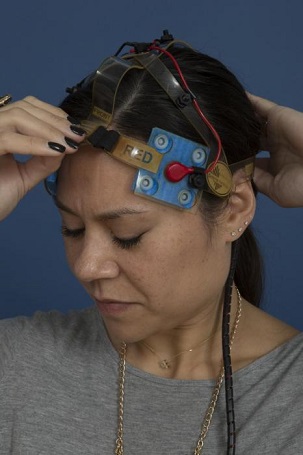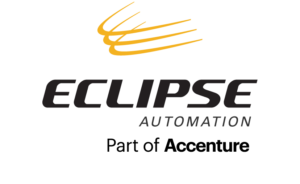 Multiple sclerosis, a debilitating neurological disease that disturbs muscle movement, vision, mood, and concentration is estimated to affect anywhere between 250,000-350,000 people in the United States, with 200 new cases diagnosed each week.
Multiple sclerosis, a debilitating neurological disease that disturbs muscle movement, vision, mood, and concentration is estimated to affect anywhere between 250,000-350,000 people in the United States, with 200 new cases diagnosed each week.
While MS currently has no cure, researchers are working hard to understand its causes and mitigate its symptoms through various treatment options. The most common therapy that helps to hasten recovery involves steroid drugs. As an alternative, researchers have been investigating the effects of cutting-edge cognitive training technology on people with multiple sclerosis by using a new technology called transcranial direct current stimulation (tDCS).
Already showing improvement with MS symptoms, the tDCs device, created by Marom Bikson, Ph.D., a professor of biomedical engineering at The City College of New York, in collaboration and Abhishek Datta, Ph.D., the chief technology officer of Soterix Medical. looks like a promising non-invasive option to drug therapy.
Researchers from New York University’s (NYU) Langone’s Multiple Sclerosis Comprehensive Care Center conducted a feasibility study to determine the practical implications of the tDCs on MS sufferers. The tDCS procedure involves a low-amplitude current that travels through a set of electrodes that are placed on a participant’s scalp. The electric current stimulates the brain’s cortex, enabling neurons to signal to each other more easily, thus improving the neural connectivity and speeding up the MS rehabilitation learning process.
The outcome indicated that, while done remotely under a supervised treatment protocol, transcranial direct current stimulation (tDCS) may provide an exciting new treatment option for patients with multiple sclerosis who cannot get relief for some of their cognitive symptoms.
Medical advancements, like the tDCs, are vital in the life sciences industry as they are helping to ensure the best care is given to individuals who need it. Whether you require prototype systems to surgical devices and tools, Eclipse Automation understands the need for health care suppliers to offer the highest quality of products that increase patient safety and ensure compliance.
Source: Medical News Today



